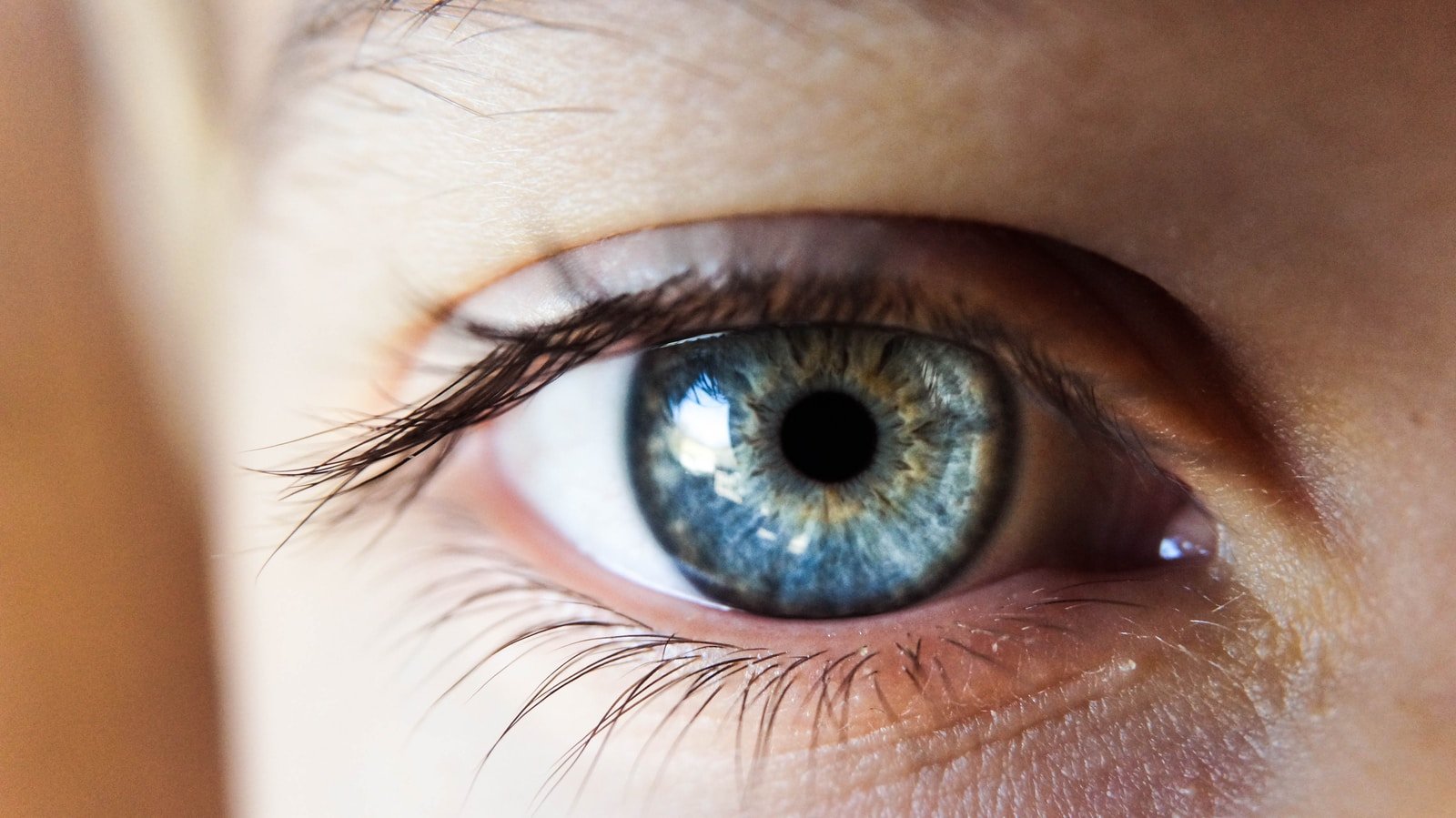


ADHD and gaslighting are common in both men and women. ADHD is a psychiatric disorder characterized by a lack of focus and difficulty to memorize or remember things.
Gaslighting in simple words is a psychological, emotional (and sometimes physiological) abuse to gain control over someone’s life. A gaslighter uses manipulative techniques and plays mind games, especially with those who are already mentally weak. Their greediness, selfishness, and jealousy lead to them dominating their partner.
Let’s now highlight why ADHD patients become the victim of gaslighting.
Why are ADHD’ers vulnerable to Gaslighting?
It’s known through studies that you are more vulnerable to gaslighting if you have a chronic mental illness, such as ADHD. The word Gaslighting was first used in the 1944 film Gaslight, in which the husband makes his wife question reality, hence the definition.
According to research, children with ADHD at 12 years of age have heard around 20,000 more critical remarks than their neurotypical fellows which results in poor self-esteem. This makes every child with ADHD more vulnerable to gaslighting and unfortunately, as more time passes, it gets even harder to revert it all to normal.
Gaslighting doesn’t come from strangers. Your close ones (especially your partner) who act all nice and kind may slowly gaslight you over time without you even noticing it.
So, it’s easy for you to become the victim of gaslighting if you have ADHD. This is because an ADHD mind already has memory issues, self-doubt, learning disability, disorganized thoughts, and dysfunctional routine. In short, they are already at their lowest level, and they don’t get much time to focus on their relationship which is going into abuse. This is why the sooner you start taking control of everything, the better it is.
How to Tell That You are Being Gaslighted
Spotting a gaslighter is not that hard. However, if you have ADHD, it might take some time to interpret gaslighting when you are on the receiving end. Look out for the following signs:
- Your partner is verbally abusing you
- You feel like your partner is trying to control you or put you down, in short, he/she bullies you
- You easily get affected by other people’s opinions or it’s easier for people to forcefully make you accept their opinion
- You are constantly doubting yourself
- Your confidence level is being crushed by negative thoughts in your mind or by your partner
- You tend to blame yourself whenever things go wrong
- You can’t seem to control your life
- The negativity around you is decreasing your self-esteem level
- Your partner is constantly criticizing and doubting your abilities
- Your partner may take credit for your achievements
- The people around you are denying your ADHD condition
In fact, at times parents may gaslight their children against their partner (the other parent). All these points are a red flag and may hint toward you being gaslighted by your mind or the people around you. In short, people love gaslighting, however, nobody likes a gaslighter.
Note: A gaslighter’s favorite technique is to prey on a vulnerable mind and use the person like tissue paper (value, devalue, and finally discard them). So, better watch out for that too!
How Can You Be Gaslight-Proof?
Your ADHD mind might make it difficult for you to stop gaslighting. However, here is some advice that can protect you from it:
- Recognize the negative behavior in you and the people around you
- Notice your partner’s actions more than their words
- Try to avoid the negative comments passed on to you. For example, comments like “you are just gaining sympathy†“you are crazy†“It’s all your fault†“You are careless†etc. might be a gaslighter’s way of intruding on your mind.
- Stay away from people who make you question your sanity (but first note who does that)
- Pay close attention to the behavior of anyone who is being nice to you (this doesn’t mean you start spying on them. And neither should you get into deep thoughts about why the person is being so kind, instead, observe their actions)
- Stop blaming yourself for everything
- Call out the person and establish distance when you are sure you have spotted the gaslighter.
- Most importantly, take control of your life, gain self-confidence and boost your self-esteem via therapy and avoid people who make you feel uncomfortable.
Final Words
Gaslighting may be seen in many patients with ADHD and diagnosing it within you is a challenge. However, acknowledging and then treating it on time makes you less vulnerable to other people’s opinions. Therefore, it’s important to be educated about ADHD and its associated symptoms for definitive treatment.
REFERENCES:
- https://pubmed.ncbi.nlm.nih.gov/31982036/
- https://edgefoundation.org/adhd-and-gaslighting/
- https://www.additudemag.com/gaslighting-adhd-adults-women-risk/
- https://www.psycom.net/gaslighting-what-is-it/
- https://www.webmd.com/mental-health/signs-emotional-manipulation
- https://adhdrollercoaster.org/myth-busting/knowing-adhd-facts-makes-you-gaslight-proof/





























